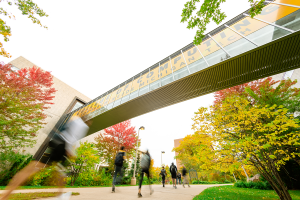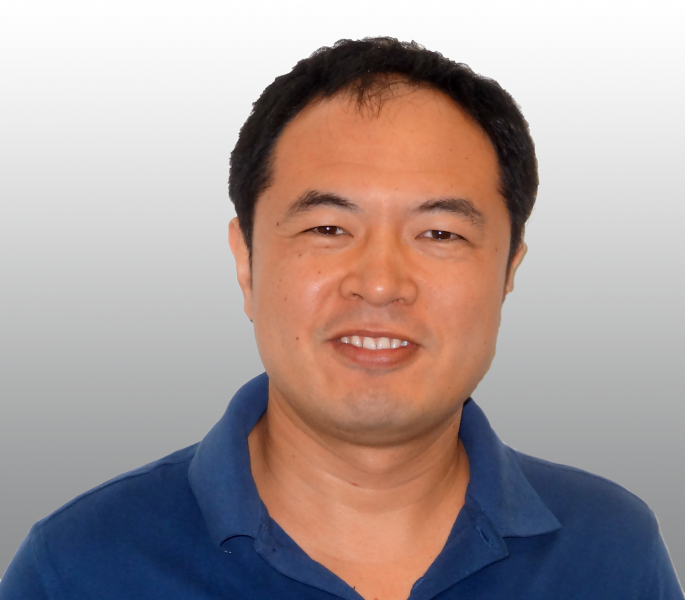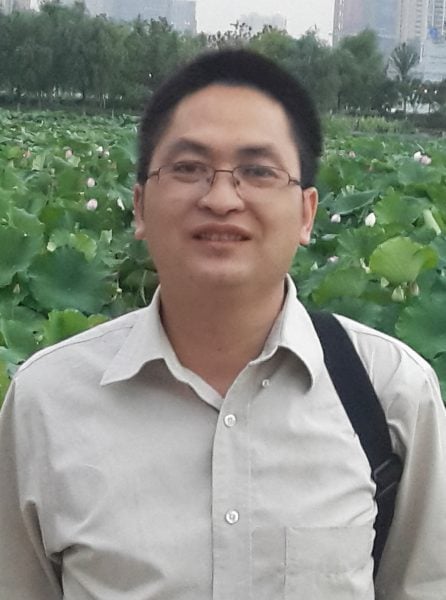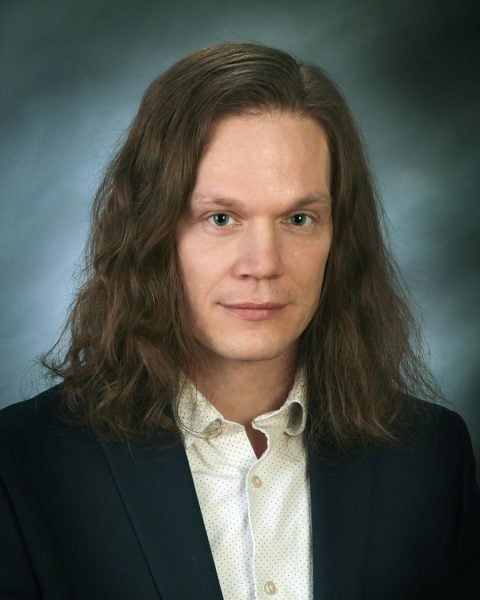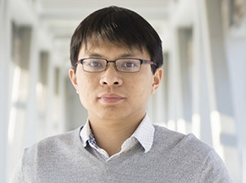
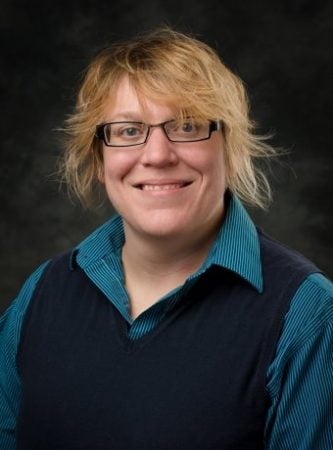
Kelly Steelman, interim department chair and associate professor, Cognitive and Learning Sciences, presented her paper, “Work in Progress: Student Perception of Computer Programming Within Engineering Education: An Investigation of Attitudes, Beliefs, and Behaviors” at the 2020 ASEE Virtual Conference, June 22-26, 2020.
Co-authors of the paper are Michelle Jarvie-Eggart (EF), Kay Tislar (CLS), Charles Wallace (CC), Nathan Naser (GMES), Briana Bettin (CS) and Leo Ureel (CS), all from Michigan Tech.
Abstract
Although most engineering faculty and professionals view computer programming as an essential part of an undergraduate engineering curriculum, engineering students do not always share this viewpoint. In fact, engineering students—especially those outside of computer and electrical engineering—may not realize the value of computer programming skills until after they have graduated and advanced in their career (Sterian, Dunne, & Blauch, 2005). Failure to find value in computer programming may have negative consequences for learning. Indeed, engineering students who do not view programming as interesting or useful show poorer performance on tests of programming concepts than students who do (Lingar, Williams, and McCord, 2017). This finding is consistent with theories of technology acceptance (e.g., Davis, 1989, Venkatesh, et al., 2003) that emphasize perceived usefulness as a key determinant of attitudes toward a technology and subsequent use or disuse of it. Accordingly, to better support student learning, engineering coursework should include specific interventions that emphasize the utility of programming skills for a career in engineering. Intervention effectiveness, however, may depend in part on the characteristics of the individual learners, including their prior programming experience, their openness to new experiences, and their beliefs about the nature of intelligence. The purpose of the current work is to understand engineering students’ attitudes toward and experiences with computer programming as well as to assess the relationship between their attitudes and experiences and their mindset toward their own intelligence. 101 engineering students participated in the study as part of a general education psychology course. Participants completed a computer language inventory and three surveys. The first survey inquired about students’ computer programming experiences and attitudes (Hoegh and Moskal, 2009). The second survey posed questions related to different aspects of openness to experience (Woo et al., 2014): intellectual efficiency, ingenuity, curiosity, aesthetics, tolerance, and depth. Finally, the third survey probed participants’ beliefs about the nature of intelligence and whether it is fixed or can be developed (Dweck, 1999). This paper will present the results of these surveys and explore the correlations among the various scales. The implications for engineering education interventions will be discussed.
Download the paper here.
Citation
Steelman, K. S., & Jarvie-Eggart, M. E., & Tislar, K. L., & Wallace, C., & Manser, N. D., & Bettin, B. C., & Ureel, L. C. (2020, June), Work in Progress: Student Perception of Computer Programming within Engineering Education: An Investigation of Attitudes, Beliefs, and Behaviors Paper presented at 2020 ASEE Virtual Annual Conference Content Access, Virtual On line . https://peer.asee.org/35683
